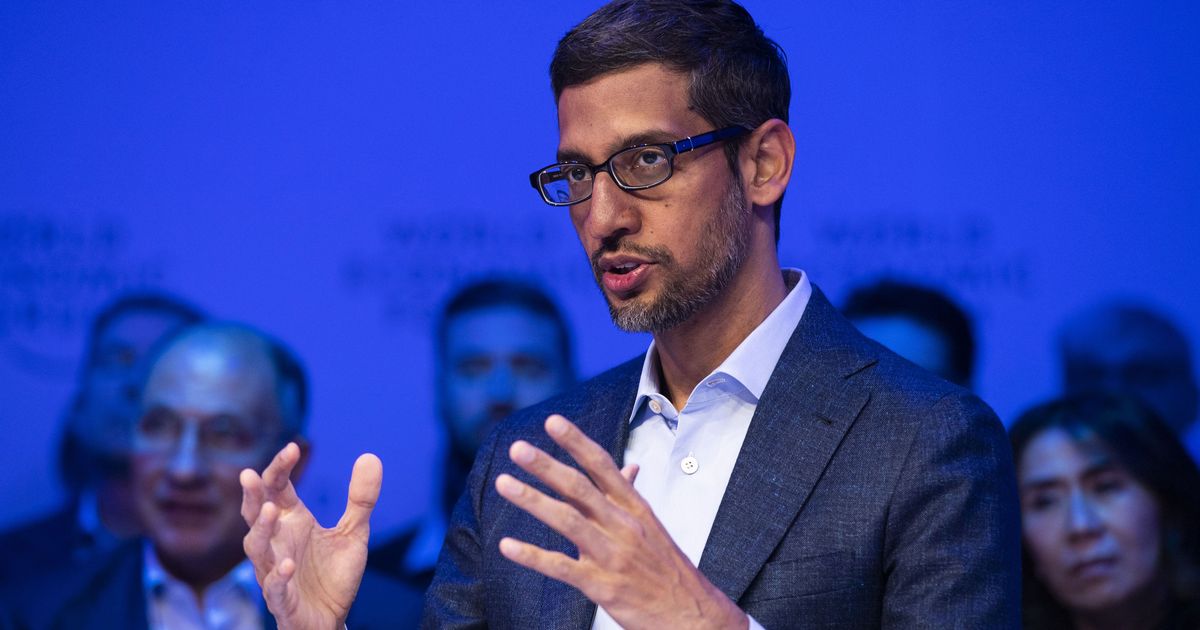
Google chief Sundar Pichai has a couple of extra days to prepare for Big Tech’s antitrust hearing in Washington, D.C., and he’d be wise to put that extra time toward preparing for questions about Android Lockbox.
That’s the name of a recently unearthed internal program that leverages the so-called “sensitive” data collected by Android to monitor how people are using non-Google apps. The company has reportedly used that information to inform the development of its own apps.
A report from The Information that cites internal documents and “people familiar with the matter” points to one such example: As Google plotted the roll-out of its TikTok competitor, Shorts, in India, the company’s employees used Android Lockbox data to see how people were using TikTok “and its competitors.”
Another part of the report mentions Google’s “Magic Eye” team, a group that tracks how Google apps are being used around the world. That team reportedly uses Lockbox data to show company executives how Google’s products shape up against rival offerings.
The data gathering, which has apparently been happening since as far back as 2013, isn’t so much a user privacy issue as it is an anti-competition issue. Google workers can see things like how often apps are opened and how long they’re used, but user permission is required in some cases. They can also aggregate location data to monitor usage on a regional basis, but all of it is anonymized.
Google told The Information that third-party app developers have access to the same data, though the report explains how it’s more limited for people outside the company. A developer can only collect data from devices on which their app is installed, and only if they’ve been given access.
Google insiders, on the other hand, can see a much broader level of detail. The Lockbox project is apparently part of Google Mobile Services, the system-level software that’s preloaded on pretty much any Android device. The documents discussing the project describe it as a “service that collects sensitive Android user data” which can be accessed by, as The Information put it, “all teams within Google.”
It’s less of a concern at the user level because of the way Android permissions work. People are asked during setup if they’re OK with sharing data on their app usage in exchange for more of a personalized experience. That’s the kind of data Lockbox collects, but opting out means access is “much more locked down” and can only be used to “improve the Android platform,” according to the documents.
Even the pared down version of that information can be helpful to Google’s efforts as it develops products to compete in app and social media spaces. One of The Information’s sources told the site outright that the insights gleaned from Lockbox on TikTok and similar social apps in India allowed Google to plan for a sooner Shorts launch.
That’s the kind of internal behavior that could raise eyebrows (and questions) during a Congressional hearing convened to explore the perception of Big Tech’s efforts to neutralize competition.
